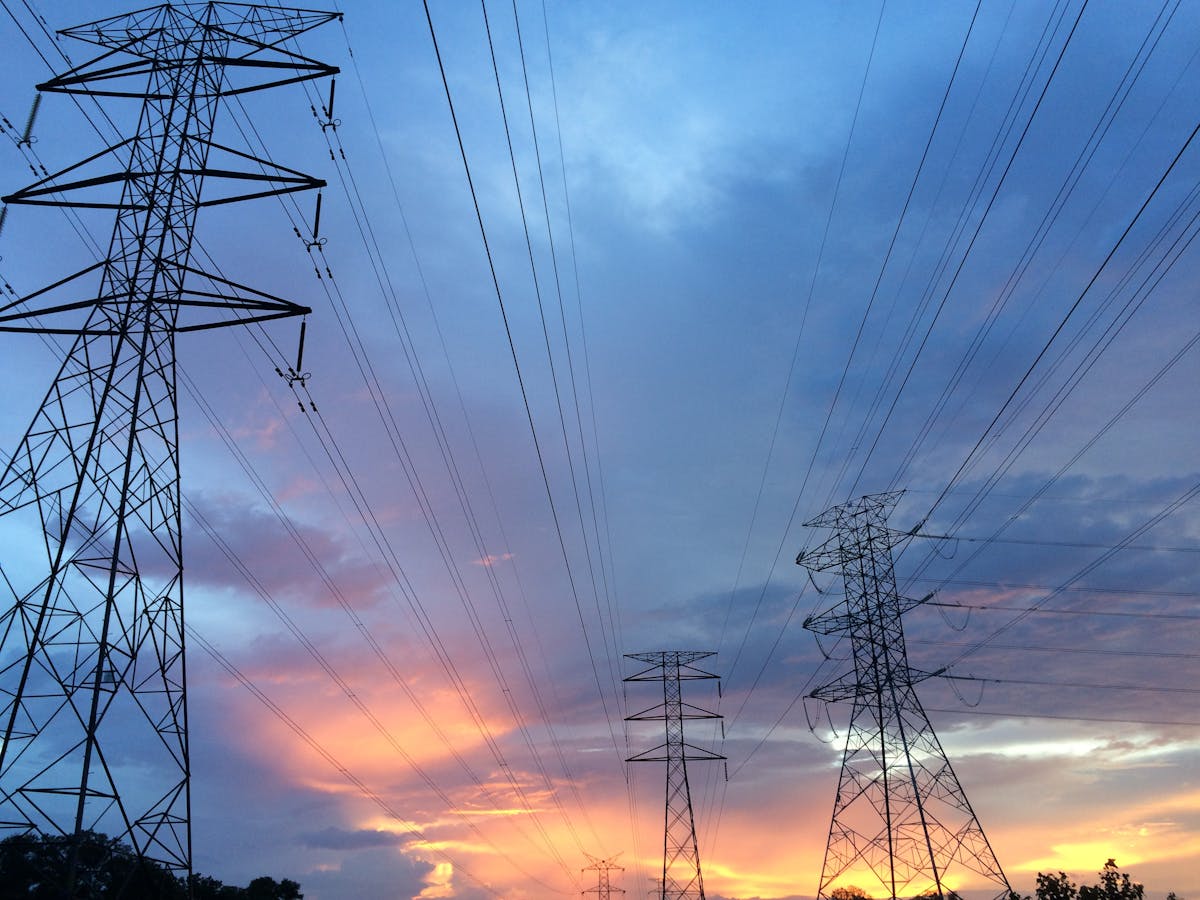The Lagos Electricity Law, signed on December 3, 2024, stands out as a transformative piece of legislation poised to redefine the Lagos electricity market. One of its most noteworthy features is its clear focus on fostering investor confidence through robust legal protections. This law introduces key provisions aimed at safeguarding investments and creating a secure environment for stakeholders in the Lagos Electricity Market. In this update, we delve into some of the critical investment protection mechanisms enshrined in the Lagos Electricity Law.
- Long Term Licensing: Under the Lagos State Electricity Law, licenses are to be issued for a period of up to 20 years. We see a number of key benefits here. Firstly, the licensing period provides long term revenue security, provides investors with a predictable revenue stream over an extended period, allowing them to plan and manage their finances more effectively. Secondly, a long license period ensures investors have adequate time to recover their initial costs and earn a reasonable return on investment. We also expect that financial institutions will be more interested to provide loans and other forms of capital when investors have a long-term license, as this provides assurance of stability and continuity in operations. Lastly, given that the lifespan of many electricity generation and distribution assets aligns with long-term licenses, we expect that long term licenses will ensure that investors can operate their assets without the risk of losing their license before the end of the assets’ useful life.
- Negotiated Tariffs: Although the Lagos State Electricity Law contemplates tariff setting and regulation by the Lagos State Electricity Regulatory Commission, the Lagos Electricity Law also allows licensees and consumers to negotiate a mutually-agreeable tariff structure. Under this framework, a consumer group shall be deemed to have consented to a negotiated tariff, if a minimum of seventy-five percent (75%) of the members of the consumer group that are present and voting at a meeting of the consumer group at which no less than twenty-one (21) days’ written notice has been given, signify their assent to the negotiated tariff.
- Electricity Theft & Related Local Issues: Especially in densely-populated and low-income areas in the Lagos Electricity Market, electricity theft and damage to electricity infrastructure remains a significant issue, contributing to revenue losses and hampering the development of the electricity sector. The Lagos Electricity Law addresses these local issues by making extensive provisions imposing significant fines/penalties including jail time for electricity theft, damage to electricity infrastructure, illegal use of electricity, obstruction and restoration of electricity supply without consent. The Lagos Electricity Law also establishes a Power Enforcement Unit, with extensive powers to investigate offences, enter customer premises and prosecute offenders.
- Specialised Electricity Regulation: The Lagos Electricity Law establishes the regulatory framework for investments in the Lagos Electricity Market. Amongst others, the Lagos Electricity Law creates the Lagos State Electricity Regulatory Commission, a specialised regulatory agency and provides clear and stable principles for market participation, ensuring a predictable environment for investors. The Lagos Electricity Law also contains detailed provisions for licensing and operational compliance to protect investors by ensuring only qualified operators participate in the market, reducing risks associated with unregulated competition. There are also detailed provisions mandating transparent methodologies for setting tariffs and charges ensuring that investors can fairly predict returns on their investments and mitigate revenue risks.
- Market Development and Support: The Lagos Electricity Law outlines the Lagos Integrated Electricity Policy and Strategic Implementation Plan to guide the development of the electricity market, ensuring sustainable growth and investment security. The Plan’s strategic objectives are to improve the energy infrastructure, increase access to reliable power, and support sustainable development
- Alternative Dispute Resolution Mechanisms: We expect that the inclusion of alternative dispute resolution frameworks under the Lagos Electricity Law will ensure that conflicts can be resolved efficiently and in a timely manner, reducing legal uncertainties for investors.
- State-Based Incentives: The Lagos State Government makes commitments to support, promote, create an enabling investment environment and introduce measures, strategies, incentives, schemes and programmes to increase and foster the utilisation of gas and renewable energy sources for generation of electricity in the State.
- Independent System Operator: Amongst others, we expect that the independent system operator created under the Lagos Electricity Law will help to improve grid reliability and stability, neutrality and fairness, encourage competition as well as efficient market operation. Notably, the Independent System Operator under the Lagos Electricity Law is structured as a not-for-profit entity, to be owned by qualified licensed entities in the Lagos Electricity Market on a mutualised and non- discriminatory basis. By regulation, the Independent System Operator is to be financially independent of all market participants and capital providers in the Lagos Electricity Market. Also, any profit made by the Independent System Operator is not to be distributed to its members and is to be utilised by the Independent System Operator for the purpose of carrying out its objects. Lastly, no single member or group of members is allowed to dominate or influence the administration and operational decisions of the Independent System Operator.
This publication is not intended to provide legal advice and is not prepared with a specific client in mind. Kindly seek professional advice specific to your situation. You may also reach out to your usual Balogun Harold contact or contact us via support@balogunharold.com for support.


